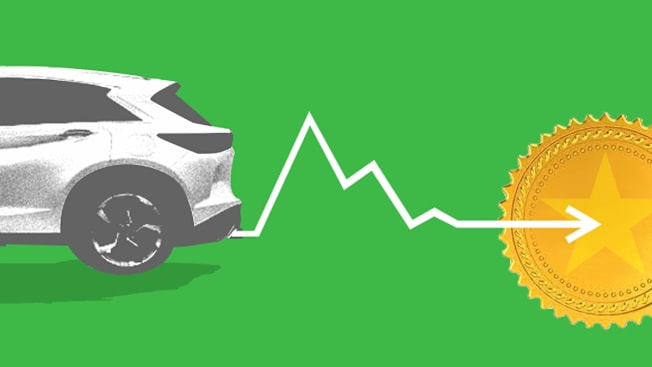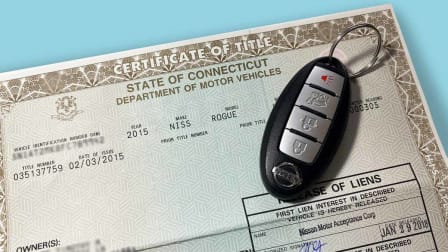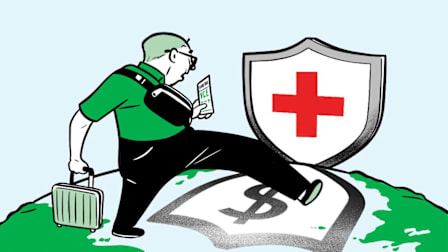Building a Better World, Together

Join with us to make a safer, fairer, healthier marketplace.
Reducing Auto Pollution
In March, the Environmental Protection Agency set new standards that will reduce emissions and pollution from new cars, SUVs, and pickup trucks.
In addition to limiting the greenhouse gases that contribute to climate change, the regulations will keep thousands of tons of pollutants out of the air we breathe, which will confer enormous public health benefits, especially in communities near major roadways.
The rules are also expected to yield economic benefits as consumers take advantage of the fuel savings and the lower repair and maintenance costs of less-polluting vehicles. CR’s analysis projects that the standards (to be introduced in autos beginning in 2027) will save consumers roughly $1 trillion over the next 20 years.
In the year leading up to the announcement, CR provided input to the EPA on the proposal, testified at public hearings, and gathered over 18,000 petition signatures supporting strong emissions regulations.
Both the EPA and CR advocates have emphasized that the rules are "technology neutral"—meaning automakers can meet the requirements by selling cleaner gas-powered models, as well as conventional and plug-in hybrids and fully electric vehicles.
CR’s auto ratings can help you find the best new and used vehicles. We also have a buying guide to help you weigh the pros and cons of hybrids, plug-in hybrids, and EVs.
$6,000
Amount the EPA says the new standards will save in reduced fuel and maintenance costs over the lifetime of your vehicle.
Video Doorbell News
What’s at stake: Video doorbells are supposed to help homeowners feel safer by letting them monitor their doors via a smartphone app. But CR found that some of these devices can have technical flaws that allow them to be easily hijacked by unauthorized parties—thieves and stalkers, for example—who could use them to track family members as they come and go.
What CR is doing about it: These security gaps came to light during our routine tests on video doorbells. Further investigation found seemingly identical doorbells under at least 10 brand names, including Fishbot, Rakeblue, and Tuck, being sold online by Amazon, Sears, Temu, and Walmart. The problem devices were controlled through the same mobile app, called Aiwit, and manufactured by the Chinese company Eken Group. The video doorbell apps were also exposing IP addresses and other types of user information to the internet without encryption, making them highly vulnerable to online criminals.
We shared our findings with the manufacturer (which has since fixed the security breaches) and the Federal Communications Commission, which wrote to the retailers asking how they ensure the products they sell conform to regulations. We’re now urging online retailers to do more to ensure the quality of products sold on their platforms and pushing legislators to make online platforms liable if they sell defective products.
What you can do: Get the latest updates on our doorbell investigation. And you can check our full video doorbell ratings and buying guide.
Action Update
Federal law says credit card late fees must be reasonable and in proportion to the amount issuers spend handling late payments. But the fees have grown far larger than the costs to card companies. CR has long urged the Consumer Financial Protection Bureau to take action, and in March the bureau finalized rules that would cut the typical late fee from more than $30 to $8, saving consumers a projected $10 billion a year. A federal district court in Texas stopped the rule from taking effect in May, but CR advocates hope it will survive legal challenges.
Editor’s Note: This article also appeared in the July 2024 issue of Consumer Reports magazine.




